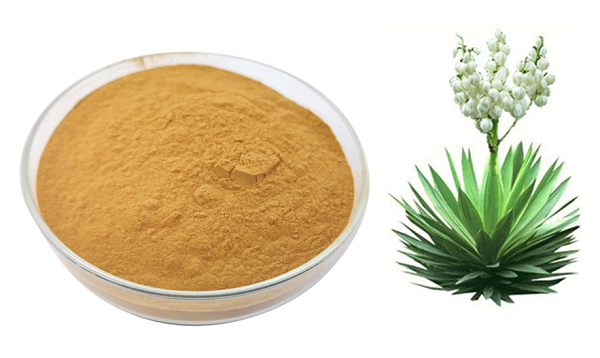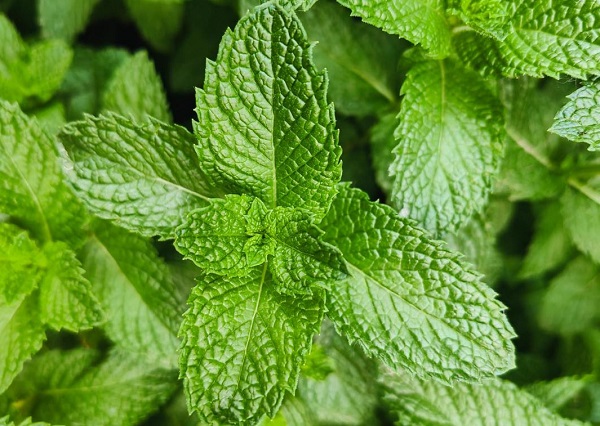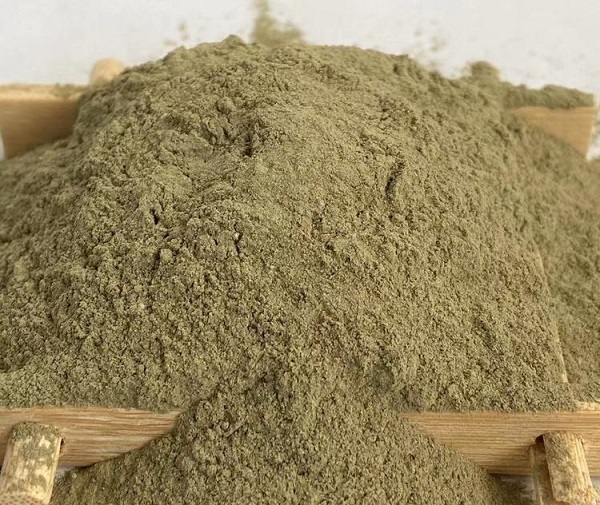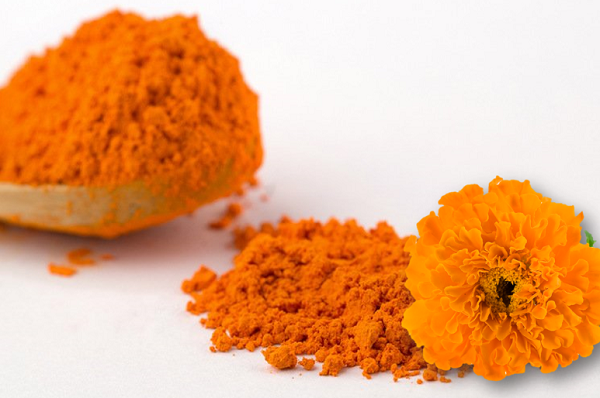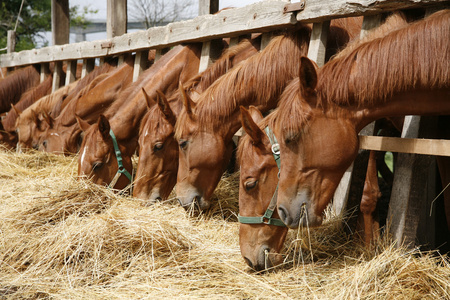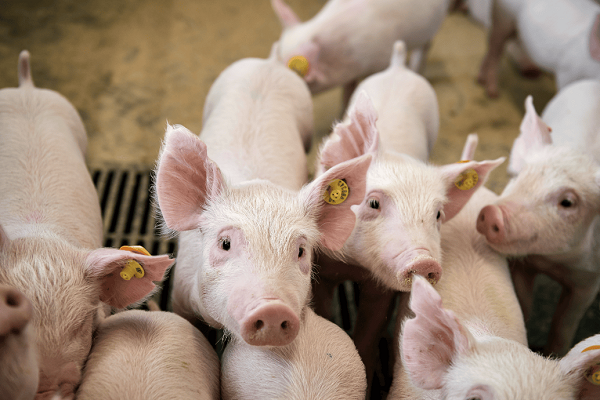Follow Us:
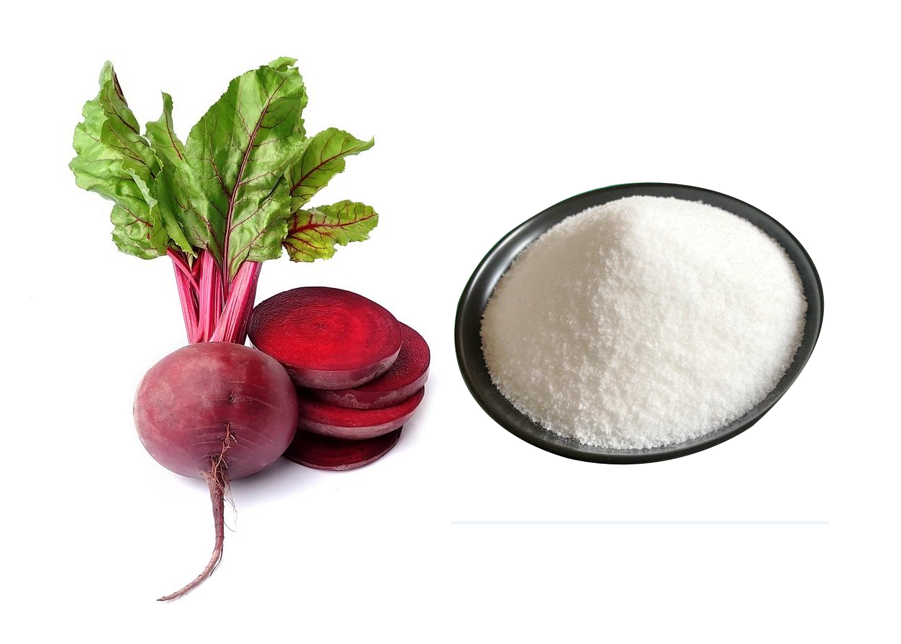
Betaine in Feed
In modern animal husbandry, feed additives are generally used to improve animal health, growth and overall productivity. Betaine is a widely used feed additive. You may see betaine in livestock, poultry and aquaculture feed. So what exactly is betaine? How is it produced? What effects does it have on animal health and production performance? As a professional botanical feed additive manufacturer, I will introduce the content you are interested in this article.
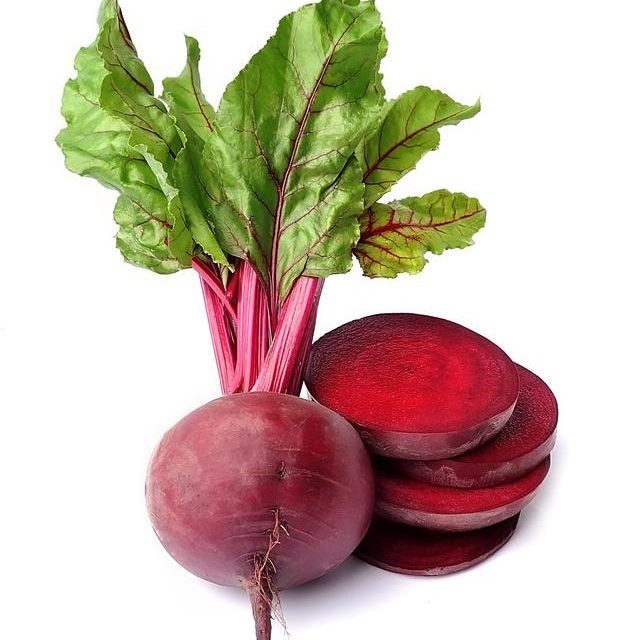
What is Betaine?
Betaine was originally extracted from beets, and it is a natural compound. Betaine (also known as trimethylglycine) is a metabolite of choline formed in the body. It is a natural component of beets, broccoli, grains, shellfish, spinach and seaweed. Compared with synthetic feed additives, betaine is stable and non-toxic, and is an economical feed additive.
Betaine is a small molecule compound with hydrophilicity that can play an important osmotic regulation role in animals. In cells, betaine can regulate the water balance of cells and protect cells from environmental stresses such as high salt, high temperature, and hypoxia. In addition, trimethylglycine can also participate in methylation reactions, affecting the body’s metabolic process, and thus affecting the production performance and health of animals.
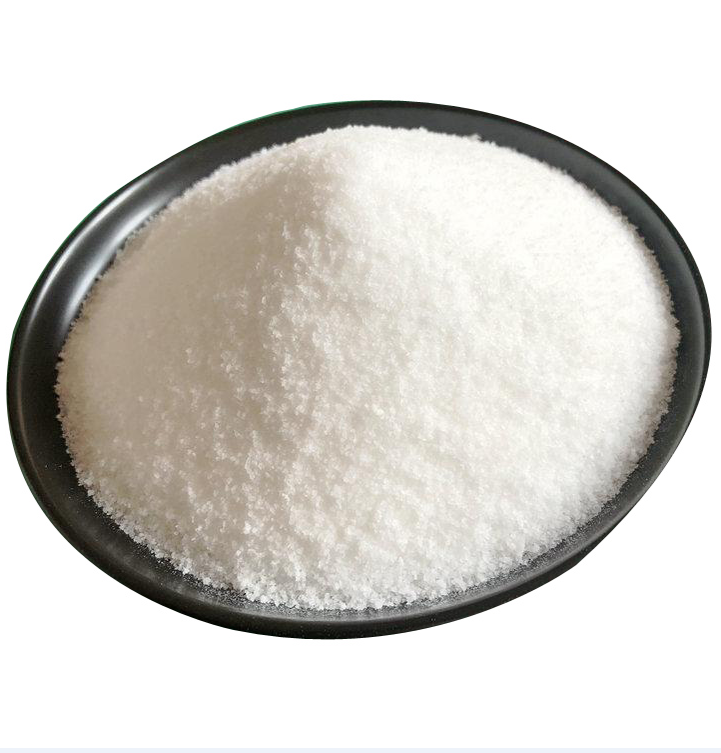
How Does Betaine Work?
Betaine mainly functions as an osmolyte and a methyl-group donor.
One of betaine’s primary mechanisms of action is as a methyl donor. Betaine either donates methyl groups directly, reducing homocysteine to L-methionine, or it increases levels of S-adenosylmethionine (SAMe) or active folate molecules in the body, both of which can go on to donate methyl groups to other parts of the body. Another major role of betaine is as an osmoregulator, a molecule that moves in and out of cells to affect their hydration status. Similar to creatine, increased intracellular betaine concentrations promote cellular hydration and adaptation to stressors.
Betaine Benefits for Animals
Betaine is used as a feed additive in livestock and poultry diets due to its multiple benefits. Some of the primary applications include:
- Osmoregulation: Betaine helps animals adapt to stress conditions, such as high temperatures, poor water quality, or high salt levels, by maintaining cellular fluid balance.
- Growth Promotion: By improving nutrient utilization, N,N,N-Trimethylglycine enhances growth performance in poultry, swine, and fish. It helps to boost feed efficiency, which leads to faster weight gain and better feed conversion ratios.
- Anti-Stress Agent: Betaine has been shown to reduce the negative effects of environmental and metabolic stress in animals. This includes heat stress, weaning stress in pigs, and transportation stress in poultry.
- Liver Health: As a methyl donor, betaine supports liver function by helping in the metabolism of fats, thereby reducing the risk of fatty liver and improving overall liver health in animals.
Applications of Betaine in Animal Feed
The main function of betaine is to act as an osmotic regulator and methyl donor. Betaine is widely used in different types of animal feeds. The following are some common applications:
- Pig Feed
Betaine can be used as a growth promoter in the pig industry. Especially in fattening pigs. It can significantly increase the daily weight gain and feed conversion rate of pigs, and also has good effects in anti-stress and improving immunity. - Poultry Feed
For poultry such as chickens and ducks, the addition of betaína can promote their growth, improve protein digestibility, and enhance disease resistance. In laying hen feed, betaine can also increase egg production and eggshell quality. - Aquatic Feed
In aquaculture, Glycine betaine can improve water quality, enhance the immunity of aquatic animals, and increase their growth rate and feed conversion rate. Especially in marine aquaculture, betaine can help aquatic animals better adapt to salinity changes. - Dairy Cow Feed
In dairy cow feed, supplementation of betaine can increase milk production and milk fat percentage of lactating dairy cows, while promoting mammary gland health and improving the overall health of dairy cows. It also improves carcass quality and lean meat yield by inhibiting fat-producing genes in beef cattle.
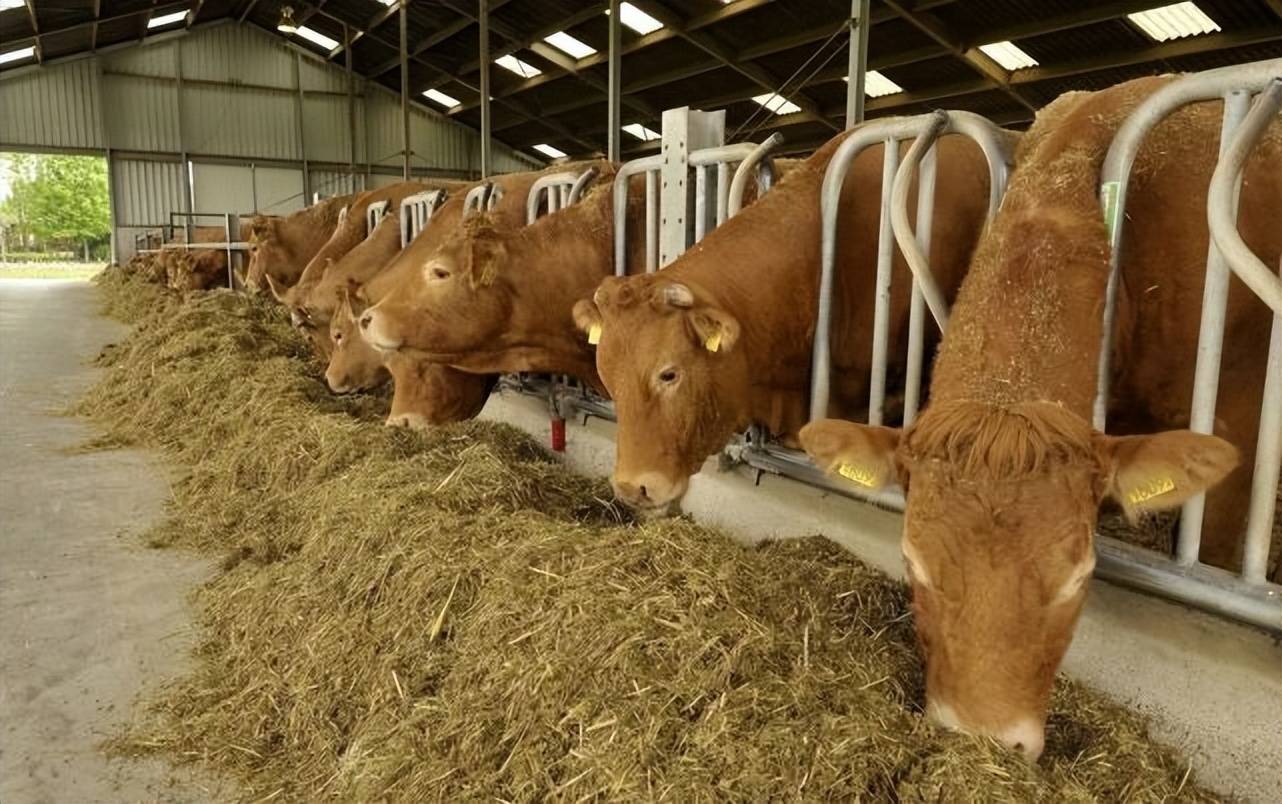
What is The Source of Betaine?
Betaine has many sources in nature, mainly including plants, animals and microorganisms. The following are some common sources:
- Beet
Beet is the original source of betaine. The root of beet is rich in betain, especially molasses and beet pulp, which contain high levels of betaine. It is the only source of betaine allowed in organic feed production. - Sugarcane
Sugarcane is also an important source of betaine, especially its byproducts, molasses and bagasse, which are rich in Betaine Anhydrous. - Seaweed
Seaweed (such as red algae, green algae, etc.) also contains a certain amount of betaine, and seaweed extracts are used as a natural source in feed. - Animal Liver
Animal liver is also rich in betain, especially the livers of animals such as chickens and pigs. The concentration of betaine in these animals is high, so animal-derived extracts can also be used in feed additives. - Microbial Fermentation
In recent years, with the development of technology, the production of betaine by microbial fermentation has become an important production method. Fermentation with microorganisms such as Escherichia coli and yeast can efficiently produce bBetainetaína and reduce production costs.
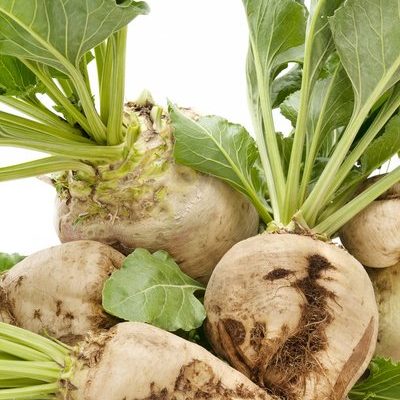
How is Betaine Produced?
Betaine is produced through two primary methods: natural extraction and synthetic production.
- Natural Extraction: The extraction of betaine from natural sources such as sugar beet molasses, wheat, and other plants is the most traditional method. The process typically involves extracting the molasses, followed by a purification and concentration process to isolate the betaine. This method is sustainable but can be costly and labor-intensive.
- Synthetic Production: Synthetic betaine is produced through chemical processes, typically by methylating glycine. In this process, methyl groups are added to the glycine molecule to form betaine. This method is more cost-effective and can provide a higher concentration of betaine than extraction methods.
Betaine vs Betaine Hydrochloride
While betaine and betaine hydrochloride are closely related, they are not the same. Betaine is a typical natural compound, while betaine hydrochloride is a synthetic compound.
Betaine: Betaine is a naturally occurring compound, often found in foods like beets, spinach, whole grains, and seafood. It is chemically known as trimethylglycine (TMG), Betaine is a derivative of the amino acid glycine and acts as a methyl donor, which supports various metabolic processes.
Betaine Hydrochloride: Betaine Hydrochloride is a compound where Betaine is bonded with hydrochloric acid. It is often referred to as Betaine HCl. Betaine Hydrochloride is primarily used as a digestive aid. It is used to help increase stomach acid levels.
Where Can i Buy Betaine?
GREEN AGRI is a plant extract manufacturer with 20 years of experience. We specialize in producing high-quality betaine powder for sale. Just send an email to info@greenagribio.com to get bulk betaine.
Conclusion
Betaine is a functional feed additive. With the increasing demand for efficient and environmentally friendly feed in modern aquaculture, the application prospects of betaine are very broad. Betaine can effectively improve the production efficiency of animals, while reducing breeding costs, and provide strong support for the sustainable development of the aquaculture industry. As a betaine manufacturer, we are very happy to provide such products to farmers. If you need to purchase betaine in bulk, please contact us immediately.
FAQ
1. Is betaine suitable for all animals?
Betaine is suitable for most farmed animals, especially pigs, poultry, aquaculture and dairy cows. However, for animals in some special cases, a professional veterinarian should be consulted before use.
2. How safe is betaine?
As a natural amino acid derivative, betaine is relatively safe. According to existing research data, the use of betaine within the recommended addition range will not have adverse effects on animal health.
3. Is the effect of betaine immediate?
The effect of betaine usually takes some time to appear, especially in improving growth performance and stress resistance.
https://www.sciencedirect.com/science/article/pii/S0032579123002328
https://www.researchgate.net/publication/363277697_Betaine_A_pot_feed_additive_for_amelioration_of_adverse_effect_of_heat_stress_in_livestock_and_poultry
https://www.efsa.europa.eu/en/efsajournal/pub/3210
https://www.mdpi.com/1420-3049/28/12/4824
https://examine.com/supplements/betaine/?show_conditions=true
https://pmc.ncbi.nlm.nih.gov/articles/PMC8224793/













